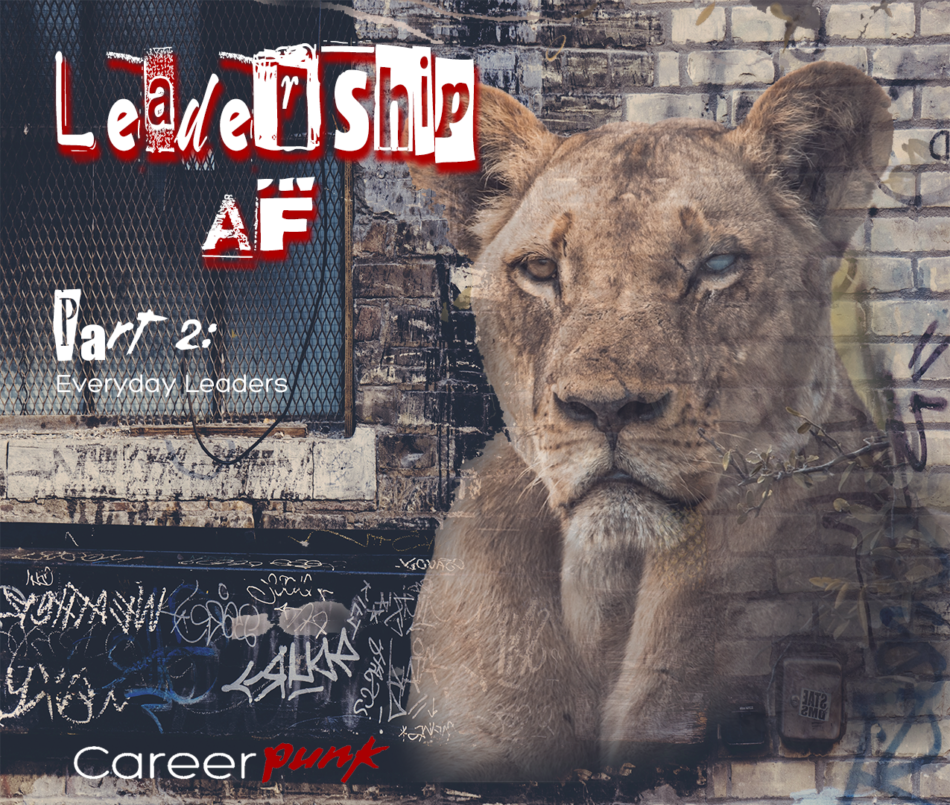In Part 1 of this series we took a look at high profile leadership moments outside of the workplace, in the real world, with leaders of celebrity status. Here we’ll discuss successful leaders within the workplace and in everyday circumstances. Let’s identify the common threads of how leaders build and managed teams, why experience doesn’t necessarily improve effectiveness, and how you can become just as impactful via small everyday interactions with those around you.
Leadership in Business
Looking inward we can understand how successful leaders think about leadership in their own context; what it means to project and demonstrate their philosophy across their company and teams. Below are a few noteworthy quotes that should inspire your own self when practicing leadership.
Charles Crawford is the CEO of Crawford and O’Brien & Keeva Organics. He sums up the role of a leader by illustrating the value of dynamic management over individual execution. Crawford shares that,

Izhok Chernyak, founder of the online shopping assistant site, Best Advisor, reflects on this notion further by describing that,

The CEO of Mondovo, Sameer Panjwani, has a catchy nemonic that may become my new fav motto for leadership. He describes his principle in the abbreviation of F.I.G.R: Find, Inspire, Guide, and Reward.
Leadership Everyday
Take a moment to watch this short (only 6 mins!) TED Talk about the subtle role leadership plays in everyday ordinary circumstances. Drew Dudley shares his comical experience of significantly impacting the lives of others, without even realizing it.
The takeaway here is that leadership can come in all sizes and be practiced by anyone. And everyone. You don’t need to be in authoritative position to have an impact on those around you. Even small gestures can have a very real and lasting effect on the lives of others. And you don’t need a 10 page resume to be a successful leader either!
Gautam Mukunda, Research Fellow at the Center for Public Leadership at Harvard Kennedy School, conducted a study of military, business, and political leaders, putting them into two basic categories: “filtered leaders,” who were represented as “insiders” and “unfiltered leaders,” who were considered “outsiders” (CareerPunks!) who usually contained less experience or were put in a leadership position by chance. He then examined each leaders life long impact as well as historical perception. The results?
 Unfiltered subjects were the MOST effective! But they were the least effective too. The ‘filtered’ subjects were steadily in the middle, always seemingly capable but never extraordinary. Abraham Lincoln and Steve Jobs are great examples of outsiders that became extremely effective as leaders, illustrating that experience is not necessary for success. In some cases, it is experience itself that can hinder your leadership ability simply due to the fact that your past experience can default you into a routined approach and/or perspective.
Unfiltered subjects were the MOST effective! But they were the least effective too. The ‘filtered’ subjects were steadily in the middle, always seemingly capable but never extraordinary. Abraham Lincoln and Steve Jobs are great examples of outsiders that became extremely effective as leaders, illustrating that experience is not necessary for success. In some cases, it is experience itself that can hinder your leadership ability simply due to the fact that your past experience can default you into a routined approach and/or perspective.
So if anyone and everyone without prejudice to experience, scope or intimacy of circumstance is capable of becoming a successful leader…
What’s stopping you?












